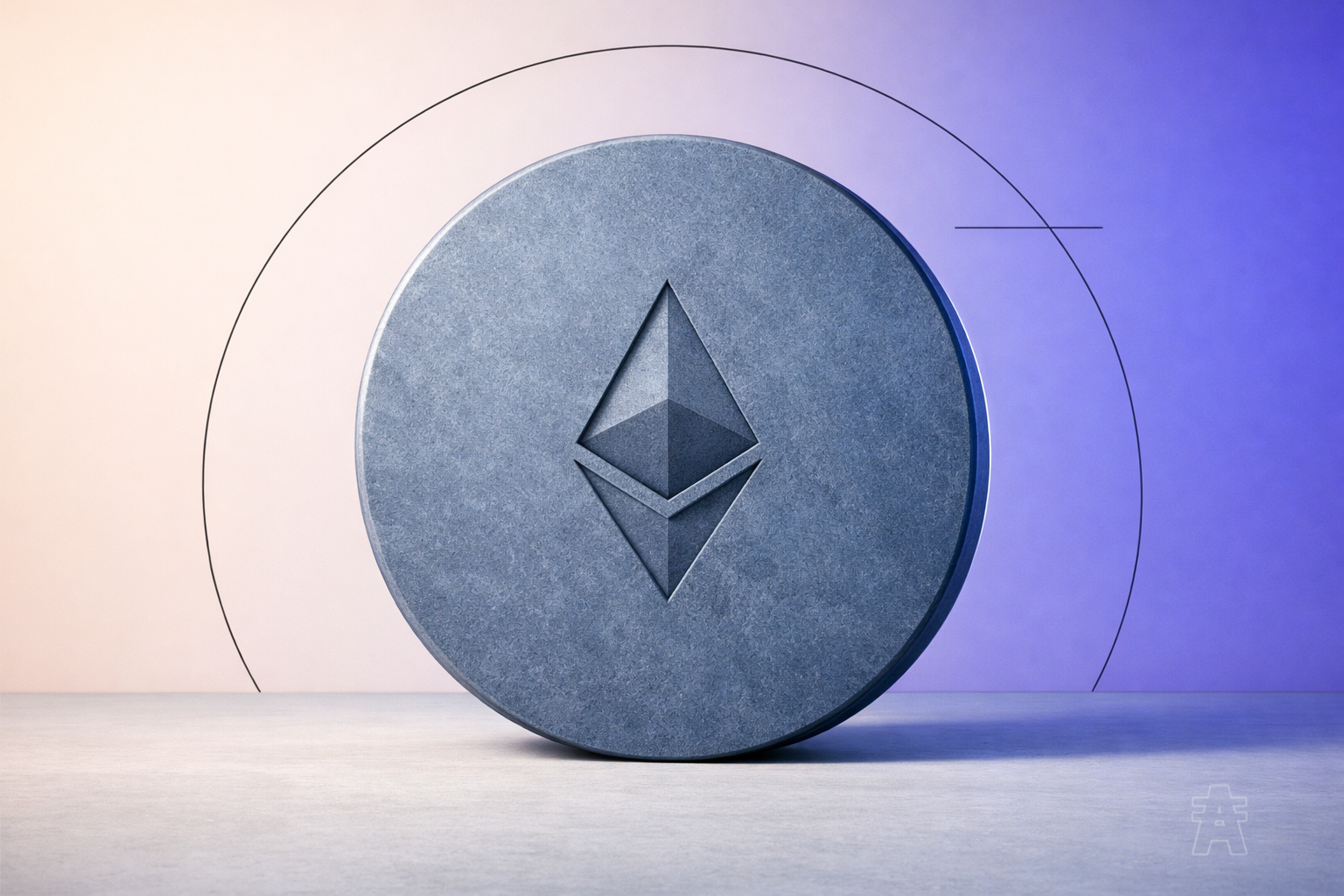Table of Contents
Imagine the scene: you're a visionary entrepreneur in the heart of Pennsylvania, brimming with ideas for a revolutionary new platform built on blockchain technology. You see endless possibilities – a more transparent supply chain for local farms, a secure voting system for elections, or a streamlined art authentication process for Philadelphia's renowned galleries. The future feels bright, the possibilities endless.
But then, a cold dread washes over you. The legal landscape surrounding blockchain is a murky one, filled with uncertainties and ever-evolving regulations. How do you ensure your groundbreaking idea complies with the law? Where do you even begin to navigate the labyrinth of legalese and technical jargon and RequestLegalHelp?
This is where a blockchain lawyer steps in – your Virgil in the complex world of blockchain law.
The Growing Need for Blockchain Lawyers
According to a recent study, the global blockchain market is projected to reach a staggering $23.1 billion by 2025. This explosive growth signifies a surge in innovative blockchain-based businesses. However, this exciting development comes hand-in-hand with a growing demand for legal expertise in this specialized field.
Blockchain technology disrupts traditional industries, blurring existing regulatory lines. Smart contracts, for instance, raise questions about liability and contract enforcement. Tokenized assets introduce a whole new asset class with its own set of legal considerations. A blockchain lawyer possesses the unique skillset necessary to bridge the gap between this innovative technology and established legal frameworks.
How a Blockchain Lawyer Can Help You
A qualified blockchain lawyer can offer a comprehensive range of services to help your business navigate the complexities of this nascent legal frontier. Here are a few ways they can add value:
- Compliance Guidance: A blockchain lawyer can advise you on the ever-changing regulatory landscape surrounding blockchain technology. They can help you identify and comply with relevant federal and state regulations, mitigating the risk of legal repercussions.
- Smart Contract Development and Review: Smart contracts are the backbone of many blockchain applications. A lawyer can work with your developers to ensure these contracts are legally sound, secure, and enforceable.
- Tokenization Strategy: If your business involves tokenization of assets, a blockchain lawyer can advise on the legal implications of creating, issuing, and trading these tokens.
- Dispute Resolution: Blockchain disputes pose unique challenges. A lawyer with expertise in this area can help you navigate litigation or arbitration involving blockchain-based transactions.
A Case Study: Protecting Your Pennsylvania Farm with Blockchain
Let's consider a real-world example. Sarah, a passionate farmer in Lancaster County, wants to leverage blockchain technology to create a transparent and secure food traceability system. This system would allow consumers to track the journey of their food from farm to fork, ensuring its authenticity and ethical sourcing.
However, Sarah faces several legal hurdles. She needs to ensure her system complies with Pennsylvania's food safety regulations. Additionally, the legal status of her tokens representing farm-to-table freshness remains unclear.
A blockchain lawyer can work with Sarah to develop a legally compliant system. They can advise her on relevant state regulations and help her structure her tokenization strategy to minimize legal risks. This allows Sarah to focus on what she does best – providing fresh, high-quality food to her community – with the peace of mind that her innovative solution operates within the bounds of the law.
Frequently Asked Questions (FAQs) about Blockchain Lawyers
What are the benefits of hiring a blockchain lawyer?
A blockchain lawyer can help you navigate the complex legal landscape surrounding blockchain technology, ensuring your business operates compliantly and minimizes legal risks.
What types of legal issues do blockchain lawyers handle?
Blockchain lawyers address a wide range of legal issues, including regulatory compliance, smart contract development, tokenization strategy, and dispute resolution.
How do I find a qualified blockchain lawyer?
Look for lawyers with experience in emerging technologies and a strong understanding of blockchain technology. Industry associations and legal directories can be helpful resources in your search.
What should I expect during my first consultation with a blockchain lawyer?
Be prepared to discuss your business goals and the specific legal challenges you face. The lawyer will assess your needs and advise you on the best course of action.
How much does it cost to hire a blockchain lawyer?
Fees will vary depending on the lawyer's experience, the complexity of your case, and the scope of services required.
The world of blockchain is brimming with potential, but legal considerations shouldn't hold you back. By partnering with a skilled blockchain lawyer, you can navigate the legal landscape with confidence, unlocking the power of blockchain technology to bring your innovative ideas to life.




